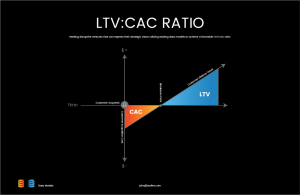Market Design is an important and growing field within microeconomics. Market Design is the process of creating rules and mechanisms that facilitate the exchange of goods and services between buyers and sellers. It aims to create markets that are efficient, effective and fair by aligning economic incentives with desired outcomes. Market Design can be applied in a wide range of fields and has practical applications in areas such as environmental policy, political policy, finance, education, philanthropy and healthcare.
In order to create a Market Design model that is effective in the context of healthcare, market designers need to develop market mechanisms informed by game theory that promote efficient and fair exchange between patients and healthcare providers. These mechanisms should aim to harmonize the interests of both parties, reduce limitations on expressing preferences (conflation), facilitate the delivery of evidence-based therapies and provide a simple continuum of care. In addition, the model should include balanced fee structures that encourage participation and deliver optimal patient outcomes.


